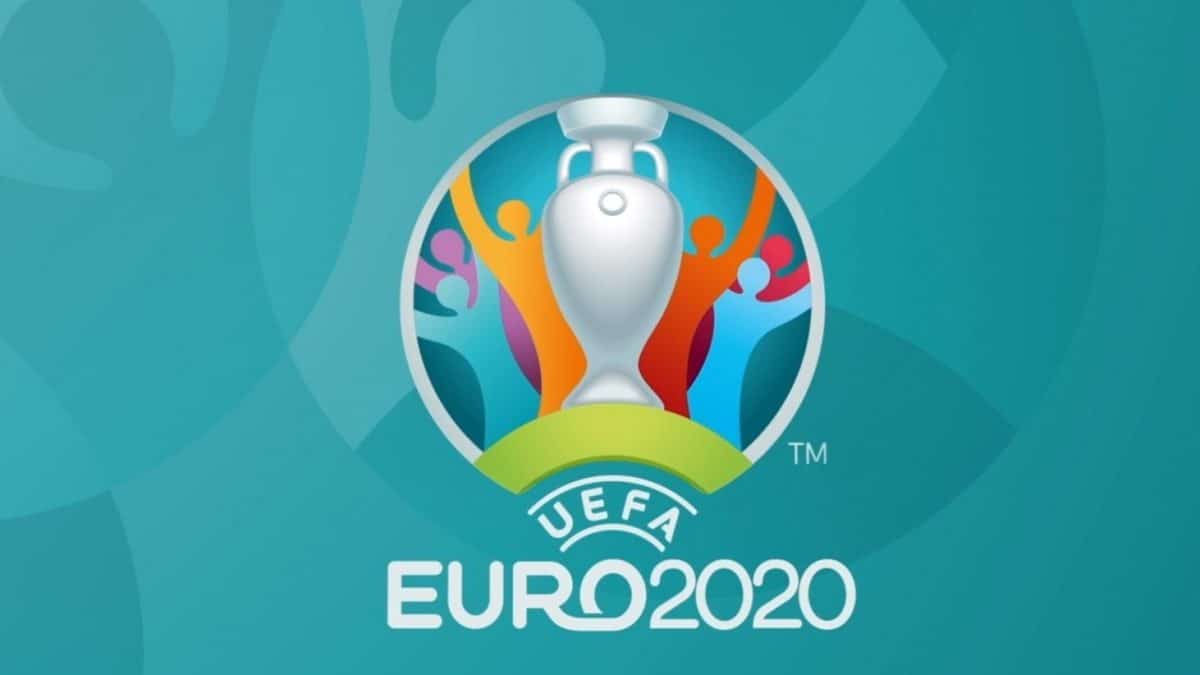 Referees at Euro 2020 have for once largely stayed out of the limelight, with fewer controversial decisions than normal, as they pursue the popular trend of “letting the game flow”.
Referees at Euro 2020 have for once largely stayed out of the limelight, with fewer controversial decisions than normal, as they pursue the popular trend of “letting the game flow”.
There have been fewer fouls and bookings and the players spent more time with the ball in play during the group stage, official data has shown.
Players, coaches and pundits alike have mostly agreed the officiating has been beneficial for the game.
“I am absolutely elated, this is how we would like to see football,” said former Manchester United, Benfica and Lazio winger Karel Poborsky.
“The criteria for fouls have moved but nobody abuses that. And then, all referees have the same approach, no matter who they are, and that’s great and it helps football a lot.”
UEFA Referees’ Committee chairman Roberto Rosetti says the plan was not to make referees whistle fewer fouls.
“Our role is to take the correct decisions. We are very happy to see that there are fewer fouls at the moment,” said the former Italian referee.
The number of fouls given in the tournament reached an average 22.4 per game in the group phase, down from 25.3 at Euro 2016, while the number of bookings fell to 2.7 from 3.6 per match.
The time that players actually played football rose to almost 59 minutes per game from 56-and-a-half minutes in 2016.
Data has also shown how VAR, used at a Euro for the first time, has changed the game.
The number of penalties awarded in the group stage grew to 14 at Euro 2020, from seven in the first 24-team Euro in 2016, as VAR was used to assess 179 incidents in 36 games.
“We need to find the correct balance in relation to VAR intervention because our target is to keep football like it is,” said Rosetti.
“The objective is to intervene for clear and obvious mistakes – minimum interference for maximum benefit.”
Just like with any referee, passions over VAR tend to depend on whose side people are on.

